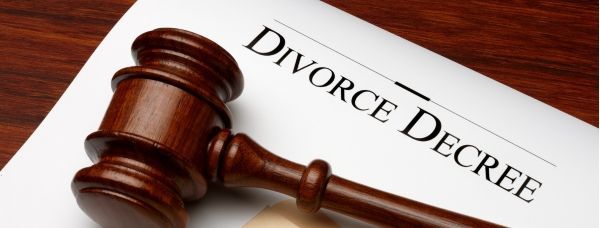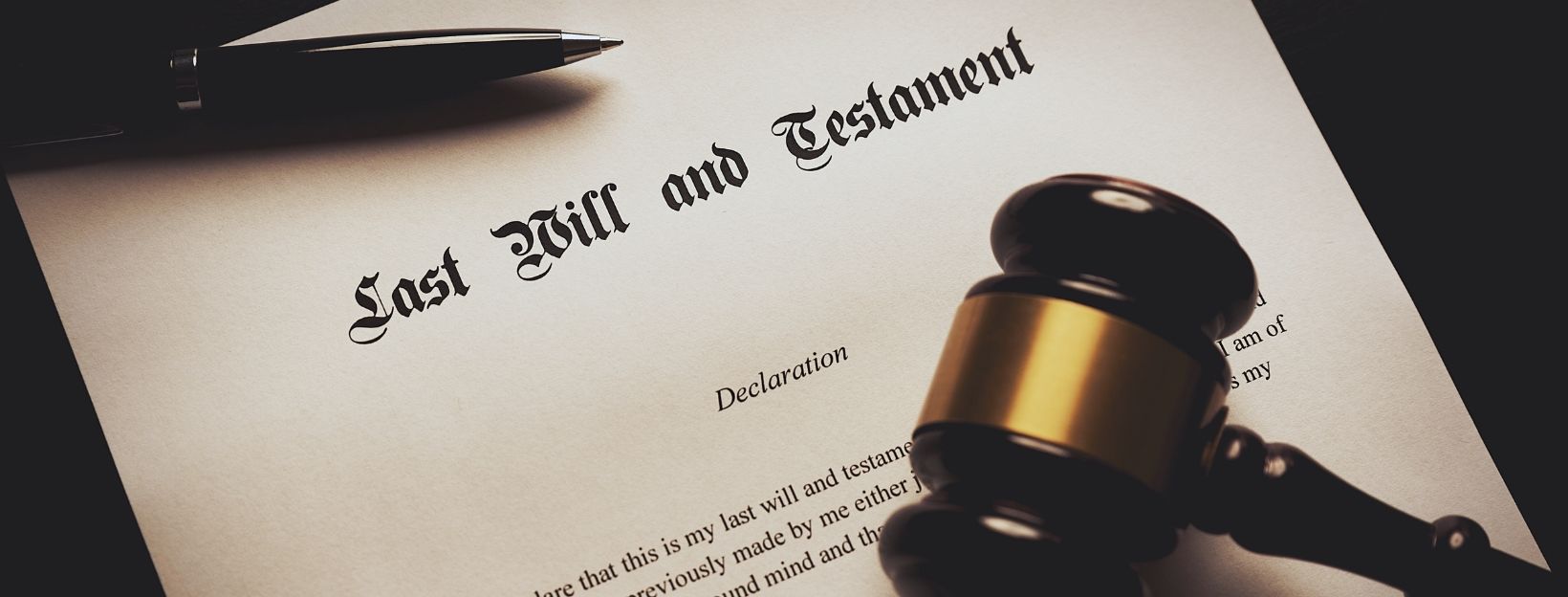When a loved one passes away, dealing with estate matters can be challenging enough without the added stress of an executor who isn't performing their duties properly. Whether you're concerned about your mother's estate or planning ahead for your own estate, understanding the process of replacing an executor in New York State is crucial.
Understanding the Role of an Executor
An executor is tasked with managing all aspects of estate administration. This includes obtaining death certificates, creating an inventory of estate assets, initiating the probate process, and managing estate accounts. They must also handle tax matters and ensure assets are distributed according to the will. It's a position of significant responsibility that requires both dedication and competence.
Two Scenarios for Replacing an Executor
Scenario 1: Replacing an Executor While Your Mother Is Still Alive
If your mother is still living and wants to change her executor, she has two options:
- Creating a Codicil
This is an amendment to the existing will that only changes the executor designation. The change must be properly documented and witnessed according to New York State law, then stored safely with the original will. - Writing a New Will
Often the better choice if there are other updates needed, as it provides a clean slate and eliminates potential confusion. This option also allows for comprehensive updates to the entire estate plan.
Scenario 2: Removing an Active Executor After Your Mother's Passing
If your mother has passed away and you need to remove an executor, the process becomes more complex. In New York State, you must have both legal grounds for removal and standing to bring the petition.
Who Can Request Removal?
To request an executor's removal, you must be an "interested party" - either a beneficiary named in the will, a creditor of the estate, or someone who stands to gain or lose from the estate's administration.
Legal Grounds for Removal
New York courts consider several factors when evaluating an executor removal request. These include failure to perform duties, mismanagement of assets, self-dealing, conflicts of interest, and incapacity. Courts also consider dishonesty about estate affairs and unauthorized removal of estate assets as serious grounds for removal.
The Removal Process
The process begins with filing a detailed petition with the Surrogate's Court, including specific evidence of executor misconduct and all relevant documentation. In emergency situations where the estate is in immediate danger, you can request an Order to Show Cause and temporary suspension of the executor's powers.
The court proceedings typically involve an initial hearing or conference, followed by a discovery period for evidence gathering. Many cases reach settlement through negotiation, but if necessary, the court will conduct a final hearing to determine the outcome.
After removal, the executor must provide a complete accounting of their actions, and the court will appoint a replacement to continue the estate administration.
Fiduciary Responsibility
Executors owe beneficiaries the highest duty under law. This fiduciary duty requires them to act in good faith, exercise reasonable care, and put beneficiaries' interests first. They must avoid self-dealing and maintain accurate records of all estate-related activities.
Prevention Is Better Than Cure
The best way to avoid executor issues is through careful planning. Choose executors thoughtfully, considering both their capabilities and willingness to serve. Regular reviews of your executor choices, clear record-keeping, and open family communication can prevent many common problems before they arise.
For complex estates, consider appointing a professional executor who brings experience and objectivity to the role.
Seeking Legal Help
Given the complexity of executor removal and the strict requirements of New York State law, working with an experienced estate attorney is crucial. An attorney can evaluate the grounds for removal, gather necessary evidence, and represent your interests throughout the process while protecting the estate during any transition.
Contact Us
If you're dealing with executor issues in the Greater Rochester area, our experienced elder law attorneys can help guide you through the process. Contact
Rochester Elder Law for a consultation to discuss your specific situation and explore your options.
Disclaimer: This article is for informational purposes only and does not constitute legal advice. Please consult with an attorney for advice specific to your situation.
more news you can use



Still have questions?











